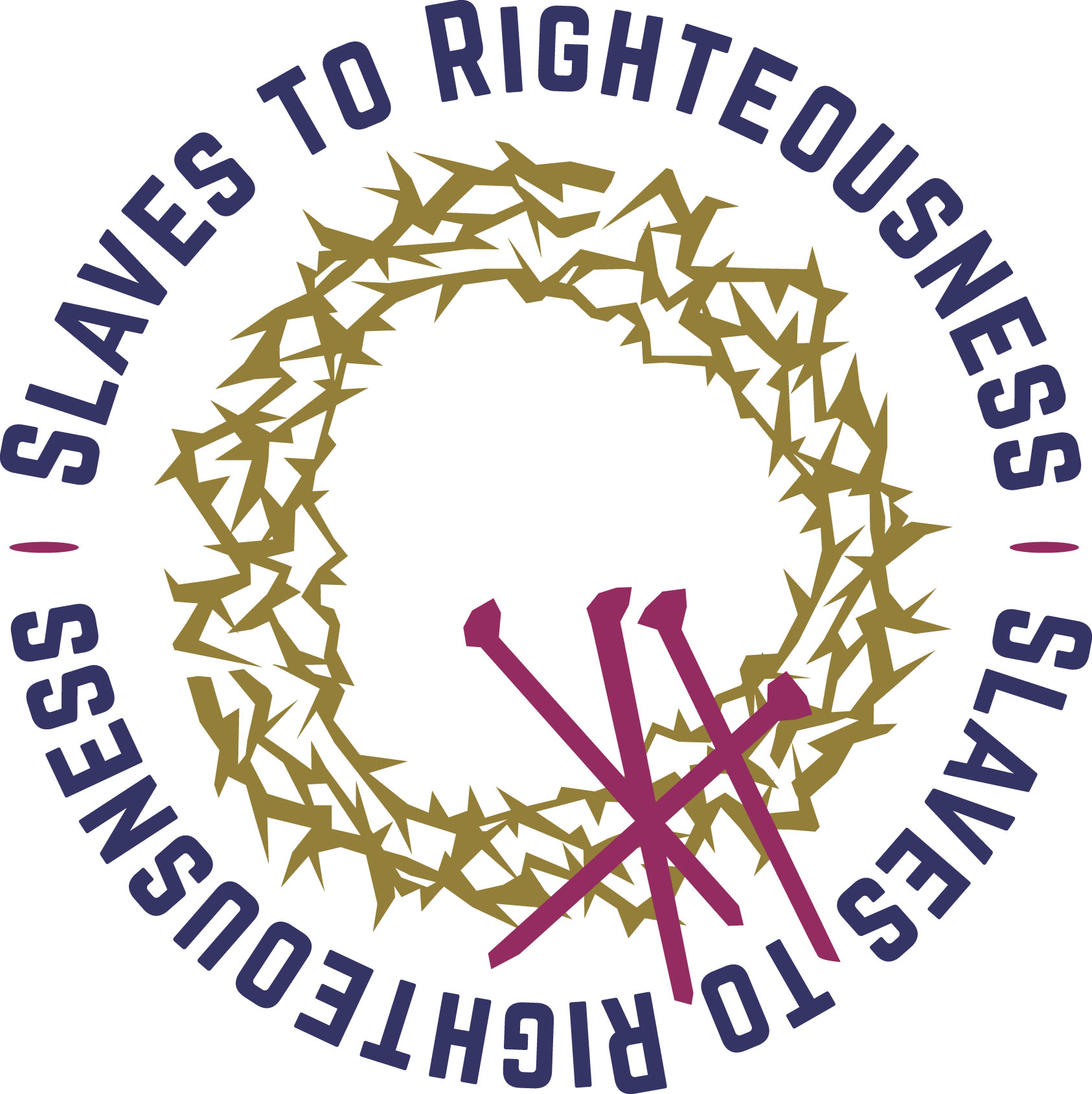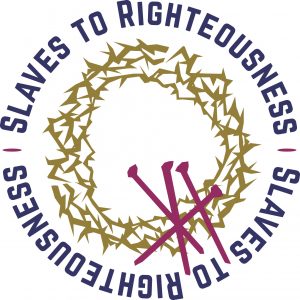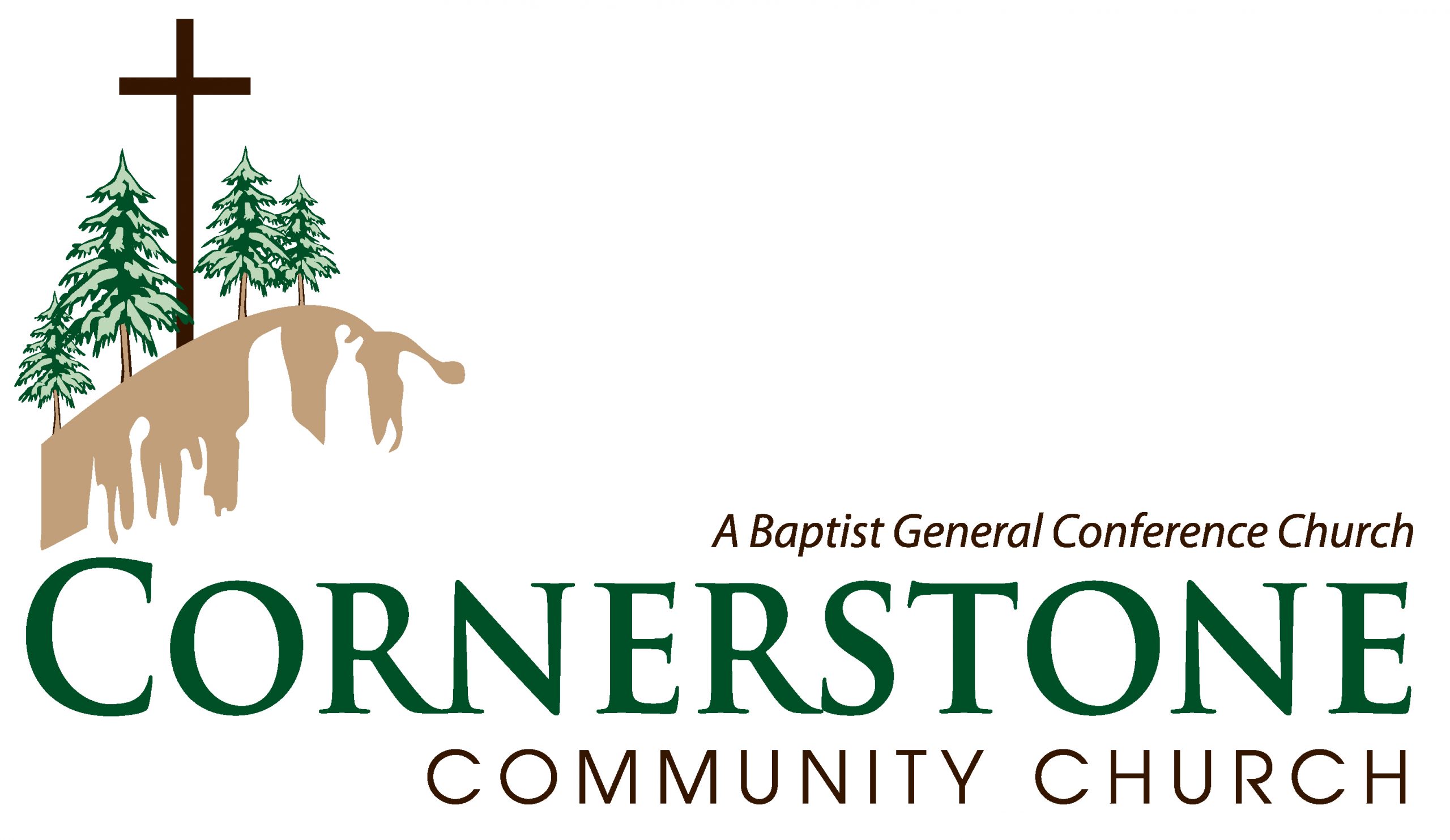
Owned by Christ
 When I was a kid and we were playing games, we had a saying for when one person excelled in an action over someone’s counter-action. We would say the losing player “got owned” by the prevailing player. I can tell you, no one wanted to get “owned.” It was embarrassing, disappointing, undesirable. Given that we were usually black kids and white kids playing together in the 70’s, the phrase carried a whole lot more burden than I realized at the time.
When I was a kid and we were playing games, we had a saying for when one person excelled in an action over someone’s counter-action. We would say the losing player “got owned” by the prevailing player. I can tell you, no one wanted to get “owned.” It was embarrassing, disappointing, undesirable. Given that we were usually black kids and white kids playing together in the 70’s, the phrase carried a whole lot more burden than I realized at the time.
Today, there is still nothing desirable about the prospect of being “owned,” and in some situations that resistance is absolutely appropriate. Human trafficking denies the dignity, integrity, and autonomy of the human person created in the image of God and therefore obscures the glory of God from being envisioned and loved. Such ownership of one person, any person, by another as merely a consumable commodity merits no acceptance by any person, let alone a follower of Jesus.
There are other examples easily considered. Corporations that seem to own employees and resources, treating people and communities as nothing more than revenue streams. Diseases and illnesses that reduce human dignity to bedpans and one-sided hospital robes in the quest for funding. I’m sure you can identify other examples of unwanted “ownership.”
And yet, Christian, the apostle Paul identifies himself, repeatedly, as a doulos (slave) of Christ Jesus and goes so far as to definitively assert that all true Christians share the same identity. We are owned by Christ. In Romans 1:1 Paul writes of himself,
Paul, a servant of Christ Jesus, called to be an apostle, set apart for the gospel of God,
and then in verse 6 writes,
including you who are called to belong to Jesus Christ . . . .
When Paul speaks of the Roman Christians “called to belong to Christ,” he uses a grammatical form called the genitive of possession. In other words, Paul describes the calling to faith in Christ and a lifelong relationship with Him as a relationship of being owned. The Christian is owned by Christ. The Christian belongs to Jesus the way a slave belongs to his or her master. And for Paul, this is a good thing.
I suspect this is not an aspect of the faith relationship with Christ many American Christians think about any more. I also suspect it is time we corrected ourselves and investigated this neglected treasure. If we are going to understand and embrace our role as doulos of Christ Jesus, then we have to understand what it means to “belong to Christ,” because I think it means a great deal more than we think it means (insert echo from The Princess Bride here.)
So, here’s the question for today: what does it mean to belong to Jesus Christ?
We’ve already taken note that Paul is a doulos of Christ Jesus as a matter of “calling” (kletos). He is not a volunteer, though his response to God’s selecting him and assigning him a role in God’s mission involves a decisive (and continual) act of will. His position is not one of racial or social default. He is not born into this role as doulos (slave) in any natural, successive sense.
The call to be a doulos of Christ Jesus is a singular, life-changing event, the effect and consequences of which endure consistently throughout his life. He is no longer what he was, nor will he ever be again, for now and forever he will be a doulos of Christ Jesus. As Paul is called by God, according to the will of God and the working of the Spirit of God through the gospel of God, to a previously unknown relationship with Christ–the role of doulos– so it is with every true believer, every genuine Christian. (I say “true believer” and “genuine Christian” because there are many in the church of Jesus Christ who by their lives and loves demonstrate they are Christian in name and practice but not in heart and devotion. This is consistent with Jesus’ teaching that His disciples would be known by their fruit. If the fruit is bad, so is the root.)
God calls, with effectual power and grace, every Christian to “belong to Christ” and to be “saints.” God’s calling (kletos) creates a new relationship between the believer and the Savior. By faith we now “belong” to Christ. What does this mean? What does it mean to be “owned” by Jesus as a result of His saving grace and our saving faith in Him? Think of it this way:
- We belong to Christ as slaves belong to their masters.
- We belong to Christ as children belong to parents.
- We belong to Christ as bodies belong to souls.
- We belong to Christ as brides belong to grooms.
- We belong to Christ as subjects belong to kings.
- We belong to Christ as branches belong to vines.
- We belong to Christ as estates belong to heirs.
- We belong to Christ as lost belongs to found.
Let’s be careful, as we consider this state of belonging, of ownership, to maintain that the real and spiritual condition we explore is the work of God’s grace and mercy. The choice, the call, the completion rests entirely in the will and power of God to ransom us from slavery to sin and the fear of death. We do not, by nature or by will, seek to belong to Him. We seek by nature and by will to prove that we are our own masters. We cannot attempt to be worthy of belonging to Christ. Our position of belonging is utterly of God’s grace and none of human effort. God did this, for His glory and for our delight in His glory!
Here are other statements of truth from God’s word that should help form our understanding and appreciation of what it means to belong to Jesus Christ, to be a doulos of Christ Jesus:
1 Corinthians 7:22-23 (ESV) 22 For he who was called in the Lord as a bondservant (slave) is a freedman of the Lord. Likewise he who was free when called is a bondservant (slave) of Christ. 23 You were bought with a price; do not become bondservants of men.
1 Peter 1:18-19 (ESV) 18 knowing that you were ransomed from the futile ways inherited from your forefathers, not with perishable things such as silver or gold, 19 but with the precious blood of Christ, like that of a lamb without blemish or spot.
Let’s start with grasping, through the grace of the Holy Spirit, that we who were once slaves to sin, have been purchased, ransomed by the blood of Jesus Christ on the cross. We belong to Him because He gave His life to purchase our freedom, our forgiveness, our new life, and eternal life for all those wh0 put their faith in Him. We belong to Him because He acted in time, according to the Father’s will and plan, to make us His own!
What does it mean to belong to Christ, who gave Himself up for us? It means that as douloi we will be crucified with Him. Our old life, our old values, our old desires, our old ways, we will take to the cross and nail them there, be dead to them and alive to Christ.
Romans 6:6 (ESV) We know that our old self was crucified with him in order that the body of sin might be brought to nothing, so that we would no longer be enslaved to sin.
Galatians 5:24 (ESV) And those who belong to Christ Jesus have crucified the flesh with its passions and desires.
Romans 7:4 (ESV) Likewise, my brothers, you also have died to the law through the body of Christ, so that you may belong to another, to him who has been raised from the dead, in order that we may bear fruit for God.
To belong to Christ means that we will no longer be filled and consumed with a selfish, self-centered spirit that relentlessly pursues our own self-interest, but will instead be filled with the Spirit of Christ who relentlessly forms us into the likeness of Christ and works in us an all-consuming quest for the glory of God.
Romans 8:9 (ESV) You, however, are not in the flesh but in the Spirit, if in fact the Spirit of God dwells in you. Anyone who does not have the Spirit of Christ does not belong to him.
To belong to Christ is to join Him in His reward as the Father exalts the Son, first with resurrection and finally with eternal victory and glory.
1 Corinthians 15:23 (ESV) But each in his own order: Christ the firstfruits, then at his coming those who belong to Christ.
To belong to Christ means both that we treasure Christ and that we are treasured by Christ:
1 Peter 2:9 (ESV) But you are a chosen race, a royal priesthood, a holy nation, a people for his own possession, that you may proclaim the excellencies of him who called you out of darkness into his marvelous light.
I think Christians today, myself included, need to make a clear distinction in our thinking about Christ and our relationship to Him. Many of us, when we heard the gospel, “invited Christ into” our heart or our lives or whatever way we learned to say it. This has led us to think of ownership in reverse. We think that somehow, through our action of faith, we own Christ and He is servant to us. Now, we may not say it like that, but we often live and act like that. I think we need to undertake the transformation the woman in Song of Solomon undergoes over the course of her relationship with her Beloved. At first he is hers, then they are each other’s, but by the end of the book, she is his. Her perception of the relationship changes.
Believer, disciple, follower of Jesus, Christian, we are not our own, nor do we own Him. We are bought with a price. We are His. We belong to Christ and when we begin to reveal to the world the joy and delight we have in the Master and in the relationship we have with Him as douloi we will finally give the world something to envy. The world already thinks much of itself and is not impressed with us when we think much of ourselves and treat the Savior as our servant, but when we serve Him, when we proclaim the excellencies of the One to Whom we belong, then the world takes note, because suddenly “being owned” takes on a whole new, eternal, glorious new meaning.


No Comments